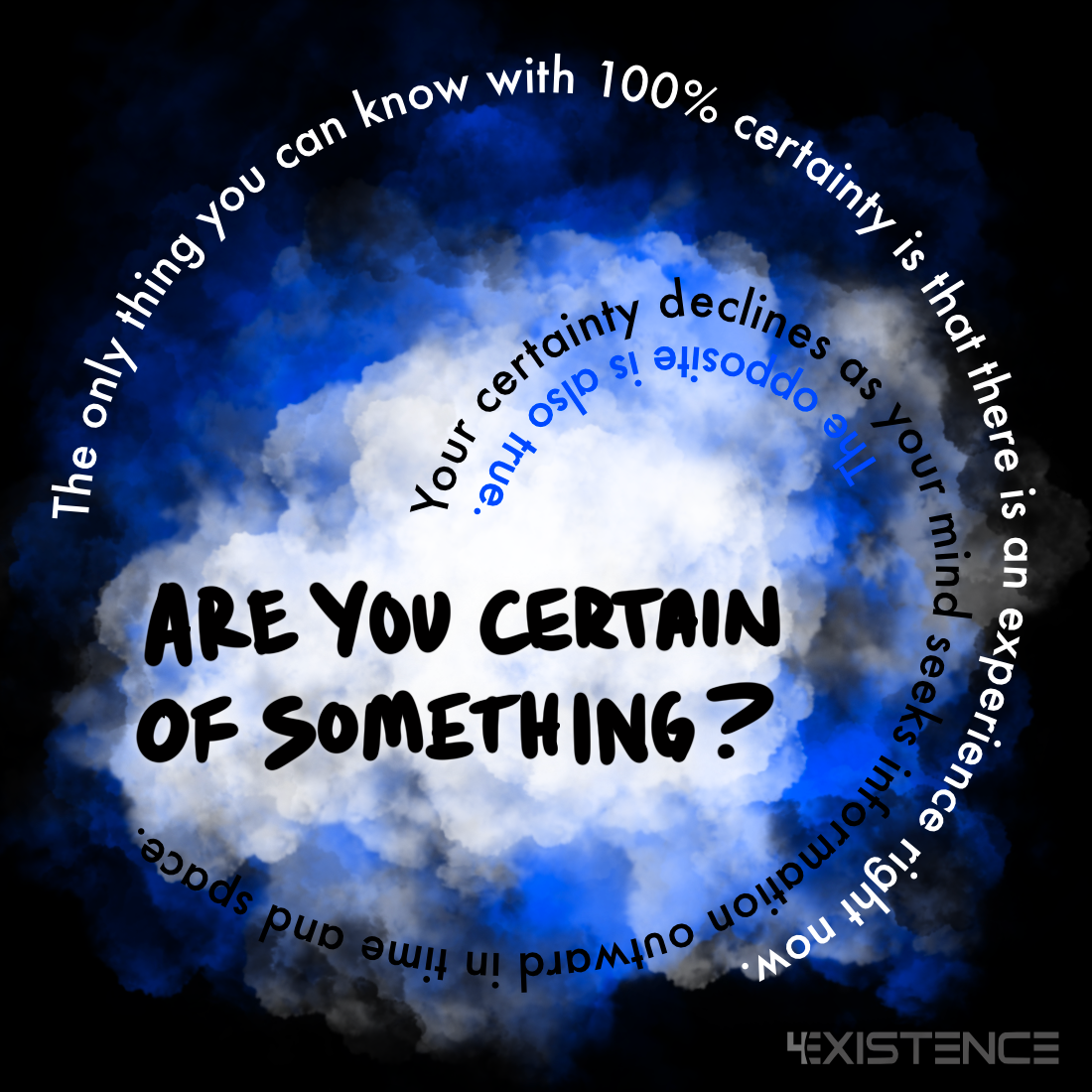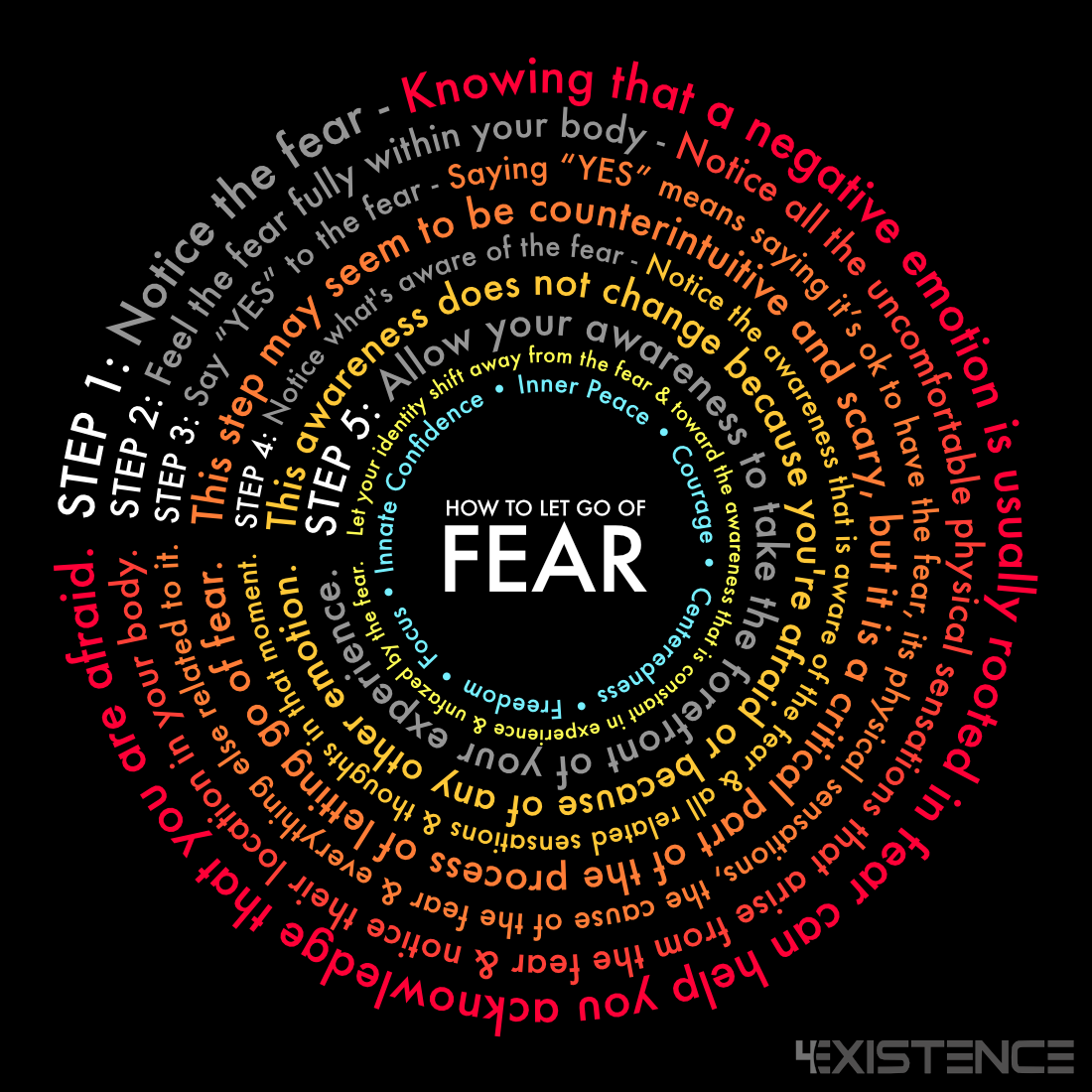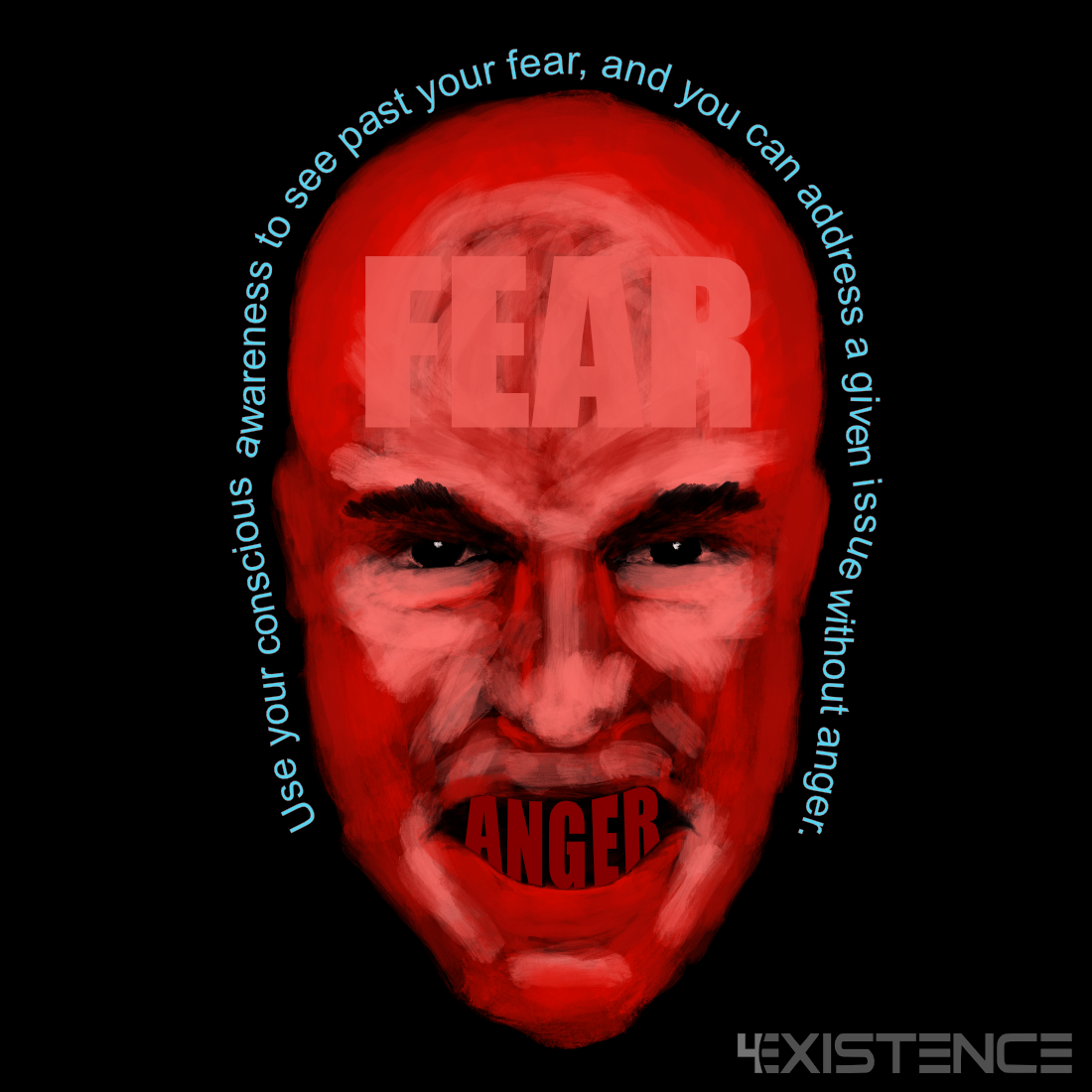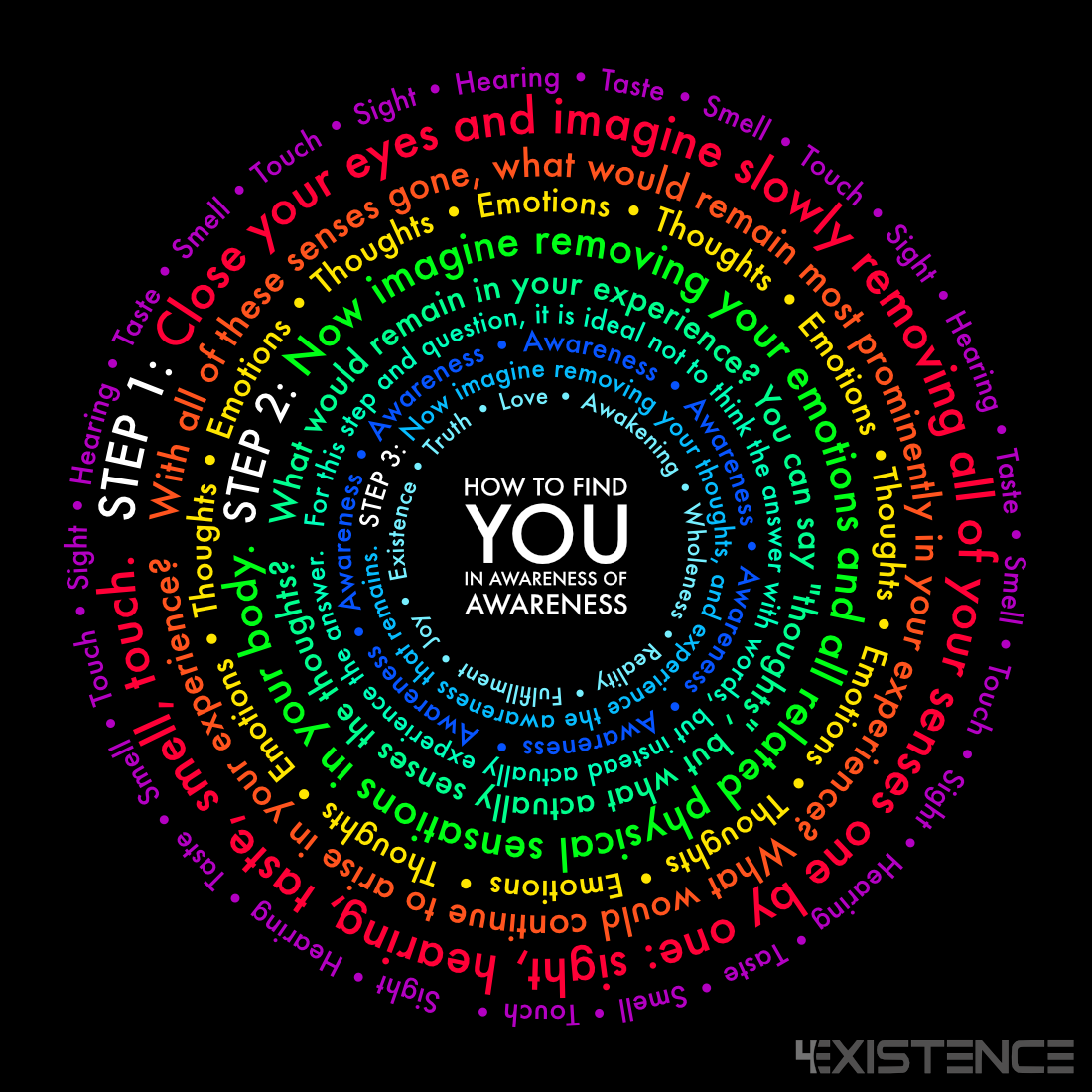
In order to overcome fear of uncertainty, we must first look at what is certain and then explore the nature of uncertainty. Once we see the truth of certainty and uncertainty, we can begin to let go of them and overcome fears around them. Read More

In order to overcome fear of uncertainty, we must first look at what is certain and then explore the nature of uncertainty. Once we see the truth of certainty and uncertainty, we can begin to let go of them and overcome fears around them. Read More

A wonderful article called “Why does experiencing ‘flow’ feel so good?” written by Richard Huskey (Assistant Professor of Communication and Cognitive Science, University of California Davis) discusses the beauty and continued scientific study of the flow experience, first studied and popularized by Mihaly Csikszentmihalyi in the 1970s. I read Csikszentmihalyi’s powerful book “Flow: The Psychology of Optimal Experience” about 12 years ago. I was curious to hear how updated research on this topic might add to the connection of dots that I have personally experienced when relating flow experiences to meditation and “states” of pure awareness.

If you are feeling fear or afraid of something that you think may happen, this powerful technique can teach you how to let go of fear. Often we deal with fear by suppressing it or letting it manifest in other emotions and behaviors. This often results in added suffering that could have been avoided by properly acknowledging and letting go of the fear. This process will help you do that. Read More

Anger’s root is fear. Don’t believe me? Check for yourself. In every situation of anger, there is a fear that caused it. Let’s explore a few examples to get to the bottom of how to control your anger issues. Read more >
Thoughts are gripping. Like a good movie in which you lose all awareness of your surroundings and yourself, thoughts do the same thing to you – only the consequences are much more substantial. Like a good movie takes you on an emotional roller coaster, thoughts do the same thing, but you take them as more real, and so the emotions are even more piercing. Thoughts stimulate emotion, which can be very taxing physically because of the physical sensations associated with fear, stress, anger, and other painful emotions. These types of emotions not only make your experience physically uncomfortable, they can cause you to react poorly, make harmful decisions, and harm relationships.
Additionally thoughts can keep you from experiencing reality as it is. They can keep you from fully experiencing the presence of your awareness and the beauty and fullness of experience itself.
This is not to say that thoughts shouldn’t exist. They are very useful for many things, but when they negatively impact emotion they become useless and possibly harmful. There is a good chance that a lot, if not most, of your thoughts are in this latter category.
Given this, it would be nice to minimize the painful and harmful thoughts, or at least minimize their impact. To do this it can help to explore the nature of thought itself, as well as their assumed validity.

Many believe that the process for how to find yourself is compiling a profile of your passions, interests, talents, skills, personality traits, style, appearance, opinions, history, memories, plans for the future, etc.
There is nothing wrong with this, but this is your transitory identity as it can change at any time. This type of “self” is defined by the mind and is often influenced by family, society, and culture, for better or worse. It can be a source for unhappiness and suffering, and it can block your true potential, which likely goes well beyond this transitory identity.
There is a simple exercise that you can do right now that will show you very directly who and what you truly are – your true nature. Seeing your true nature and allowing it to take over as your seat of experience is the way to realizing your full potential. It gives you the foundation and clarity to be emotionally balanced for taking the best possible action, while being inclusive of your purest passions, interests talents, skills, etc.